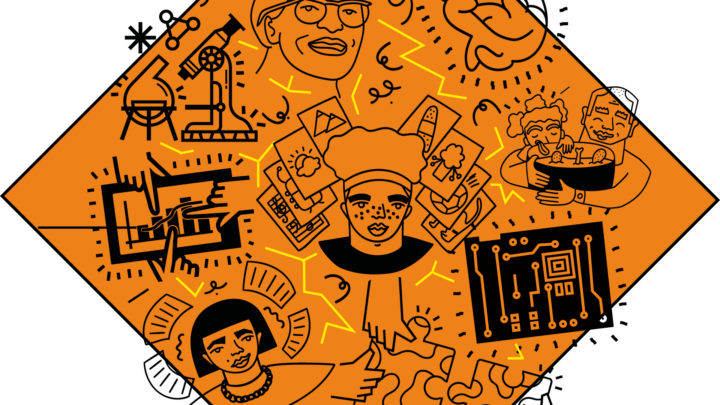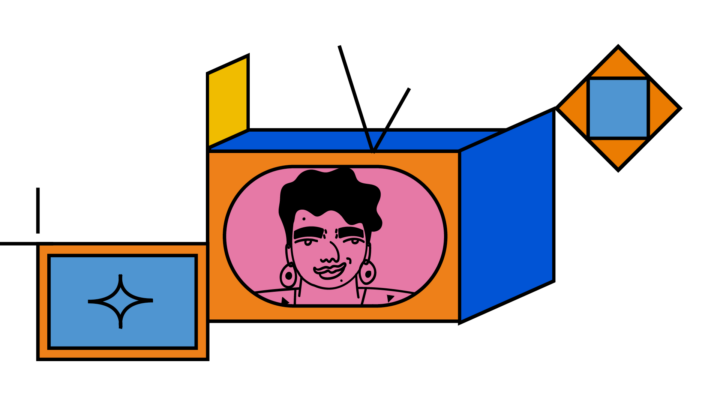The German government would like to introduce a right to open data, along with other digital projects. However, many points remain unresolved, and Wikimedia Deutschland 2022 has formulated clear demands and recommendations in this context.
“Anchoring a right to open data in the coalition agreement is one thing, its feasibility another matter.” Aline Blankertz and Stefan Kaufmann – Policy & Public Sector Advisers at Wikimedia Deutschland – agree that the digital strategy of the traffic light coalition leaves some questions unanswered. The planned obligation to provide data and information held by the state is welcome in principle. However, it would become invalid if the authorities and administration were not in a position to comply with it. As is the case at the moment.
In 2022, Wikimedia Deutschland published a position paper formulated clear demands and recommendations for a framework that would remedy this situation. Blankertz and Kaufmann believe that there would generally be a need for a change in awareness among politicians regarding open data. “The state acts as if open data is a service to third parties, a crumb that falls off for civil society,” Blankertz said. In fact, it’s information that would be published anyway – just “as PDFs, reports or Excel spreadsheets, so it’s neither reusable nor can be used for a subsequent purpose,” Kaufmann adds. In fact, it would be “in the government’s own interest to use data it already has in a way that makes it internally reusable.” “Open data,” Blankertz balances, “would be an automatic side effect.”
An illusory lighthouse for data
Regarding the federal government’s data strategy they both miss a holistic approach and a strategic plan. “Edge cases come into play at many points, considerations of special information that is related to individuals, for example, and where privacy issues are touched upon,” Kaufmann describes the gray area. “What gets lost in the shuffle is that the vast majority of public sector information is published without problems anyway.” The focus, Blankertz says, should be on this question: “How can I make this information available in an automated way?”
Kaufmann considers the new “data institute” – a project of the government in the course of its digital strategy – “an illusory lighthouse,” related to the illusory giant Mr. Tur Tur from the children’s book “Jim Button and Luke the Engine Driver.” Again, the idea is to work with use cases to find out what can be done with data, and again the focus is on problem cases. Wikimedia has also taken a clear position on the Data Institute in 2022. “The insights to be gained there already exist,” Blankertz and Kaufmann note. “They are just unevenly distributed.”
Civil society lead
To illustrate their point, they choose timetable data – and the example of someone who lives a bit out of town with no bus service, wants to use a regular rideshare to the edge of town, transfer to a streetcar there, and finally use a city bike. According to them, the information this person needs – a “query about multiple modes of transportation” – is a prime example of open data linkage. It has already been practically implemented by the dedicated civil society in several concept prototypes. If the Data Institute were to run this use case again, it would merely gain the same insights as Digital Volunteerism.
Blankertz’s and Kaufmann’s conclusion: “Policymakers should look more at what information is already being provided by civil society today – and give more weight to a common good approach in digital policy.”





